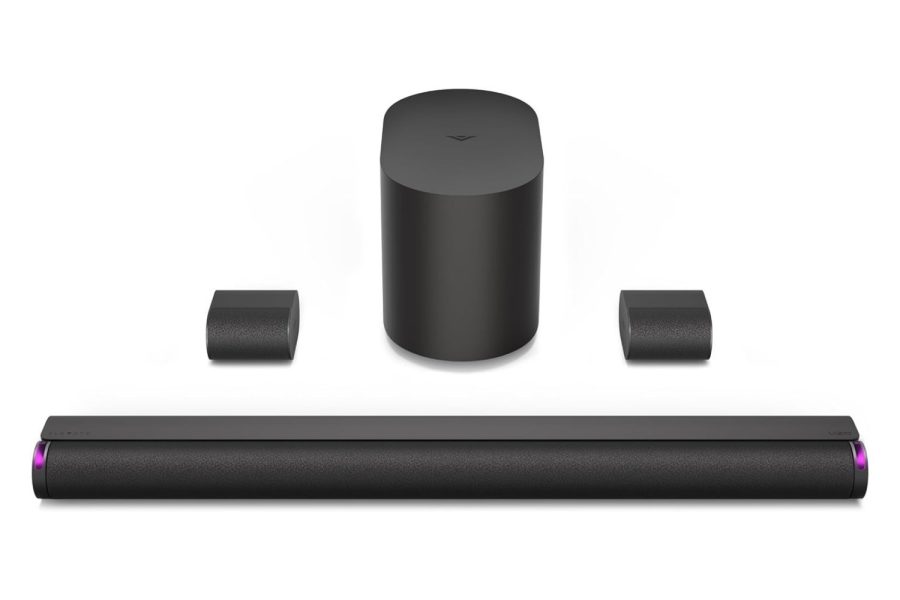NASA Faces a Critical Issue That Could Jeopardize All Future SpaceX Missions – Jason Deegan

As humanity stands on the brink of establishing a permanent presence on other planets, a surprising challenge has emerged: time management in space. The clocks and watches we rely on here on Earth may not suffice for our future colonies, presenting a unique hurdle for space exploration.On Earth, our timekeeping systems are second nature, seamlessly integrated into our daily lives. However, venturing into space complicates this simple concept. The unique gravity, rotation, and orbital characteristics of celestial bodies subtly but significantly affect the passage of time. For instance, on the Moon, clocks tick slightly faster than on Earth due to its weaker gravity—about 56 microseconds faster each day. While this difference seems negligible, it can have profound implications for mission coordination and communication precision.Albert Einstein’s theory of relativity teaches us that time is not absolute but relative, influenced by gravity and movement. In space, where spacecraft experience acceleration, microgravity, and varying gravitational fields, these relativistic effects become crucial. NASA scientists are actively developing Relativistic Time Transformation (RTT) systems to address this problem. These systems account for differences in gravitational potential and movement to ensure accurate synchronization across different points in space.With ambitious lunar colonization projects like NASA’s Artemis program on the horizon, establishing a standardized lunar time system is imperative. Researchers are proposing the creation of a Lunar Time Scale (LTS) and a Lunar Centric Reference System (LCRS). These systems would consider the Moon’s lower gravity, its orbital dynamics around Earth and the Sun, and local gravitational anomalies known as mascons. Such precision is essential for synchronizing missions, ensuring accurate data transmission, and maintaining the seamless operation of lunar bases.A unified time system on the Moon and in cis-lunar space is vital for several reasons. Precise time synchronization ensures accurate positioning, minimizes communication delays, and reduces the risk of errors during critical mission phases. Coordinating activities between Earth, lunar orbiters, and lunar bases requires a coherent temporal framework to manage data transmission and operational logistics effectively. Additionally, a common time standard allows multiple missions from different space agencies to share and compare data accurately, supporting large-scale studies on lunar geology, seismic activity, and gravitational anomalies.The challenges of timekeeping extend beyond the Moon as humanity sets its sights on Mars. Similar to the Moon, Mars presents its own set of temporal complexities. Concepts like Martian Coordinated Time (MCT) and the Darien Calendar are already in development to address these needs. These systems aim to provide a standardized time framework that accommodates Mars’ unique rotational period and orbital characteristics, ensuring that future missions can operate smoothly and efficiently.These advancements in extraterrestrial timekeeping are set to revolutionize watch and clock technology. Future space watches will need to incorporate mechanisms that compensate for relativistic effects and adapt to different planetary environments. These watches will not only serve as timekeeping devices but also as sophisticated onboard computers capable of synchronizing with various time systems across the solar system. The integration of atomic clocks and new resilient materials will be crucial in developing timepieces that can withstand extreme temperatures, pressures, and radiation levels encountered in space.Creating timekeeping devices suitable for space exploration presents numerous technical challenges. These devices must maintain precision despite fluctuating gravitational forces and operational conditions. Engineers are exploring innovative solutions, such as miniaturized atomic clocks and durable materials that can endure harsh space environments. Ensuring that these timepieces remain accurate and reliable under varying conditions is paramount for the success of long-term space missions.Space exploration is pushing the boundaries of traditional watchmaking, giving rise to a new field known as space horology. These advanced timepieces are being designed not just as instruments for measuring time, but as essential tools for navigation and mission management in space. This evolution in watch technology is fostering a specialized industry focused on creating highly resilient and adaptable timekeeping solutions for astronauts and future space settlers.Accurate time management is more than a technical requirement—it is a cornerstone for the success of humanity’s ventures into space. As we embark on missions to the Moon, Mars, and beyond, the ability to measure and synchronize time accurately will determine the efficiency and safety of our operations. Precise timekeeping ensures that activities are well-coordinated, communications remain clear, and scientific data is reliable, all of which are essential for the sustained presence of humans on other celestial bodies.The challenge of managing time in space is a testament to the complexity and ingenuity required for future space exploration. NASA’s focus on developing Relativistic Time Transformation systems and standardized time scales for lunar and Martian environments underscores the critical role of precise timekeeping in our quest to become an interplanetary species. As engineers and scientists continue to innovate, the integration of advanced timekeeping technology will be pivotal in ensuring the success and sustainability of all future SpaceX missions and beyond.By addressing these temporal challenges, we are not only enhancing our ability to explore and inhabit other worlds but also paving the way for a new era of technological advancement and human achievement in the cosmos. The future of space exploration hinges on our ability to master the intricacies of time, proving that even the most fundamental concepts must evolve to meet the demands of our expanding universe. Comment Save my name, email, and website in this browser for the next time I comment.
Stay updated with the latest in technology. Whether you’re into gadgets, AI, cybersecurity, or the Internet of Things, we’ve got you covered. Our team delivers in-depth analysis, product reviews, and tech guides to help you stay informed and make smart choices in the fast-evolving world of tech.Contact: contact@jasondeegan.com
Call Us: (800) 555-0224
6th Ave New York, New York State, United States






